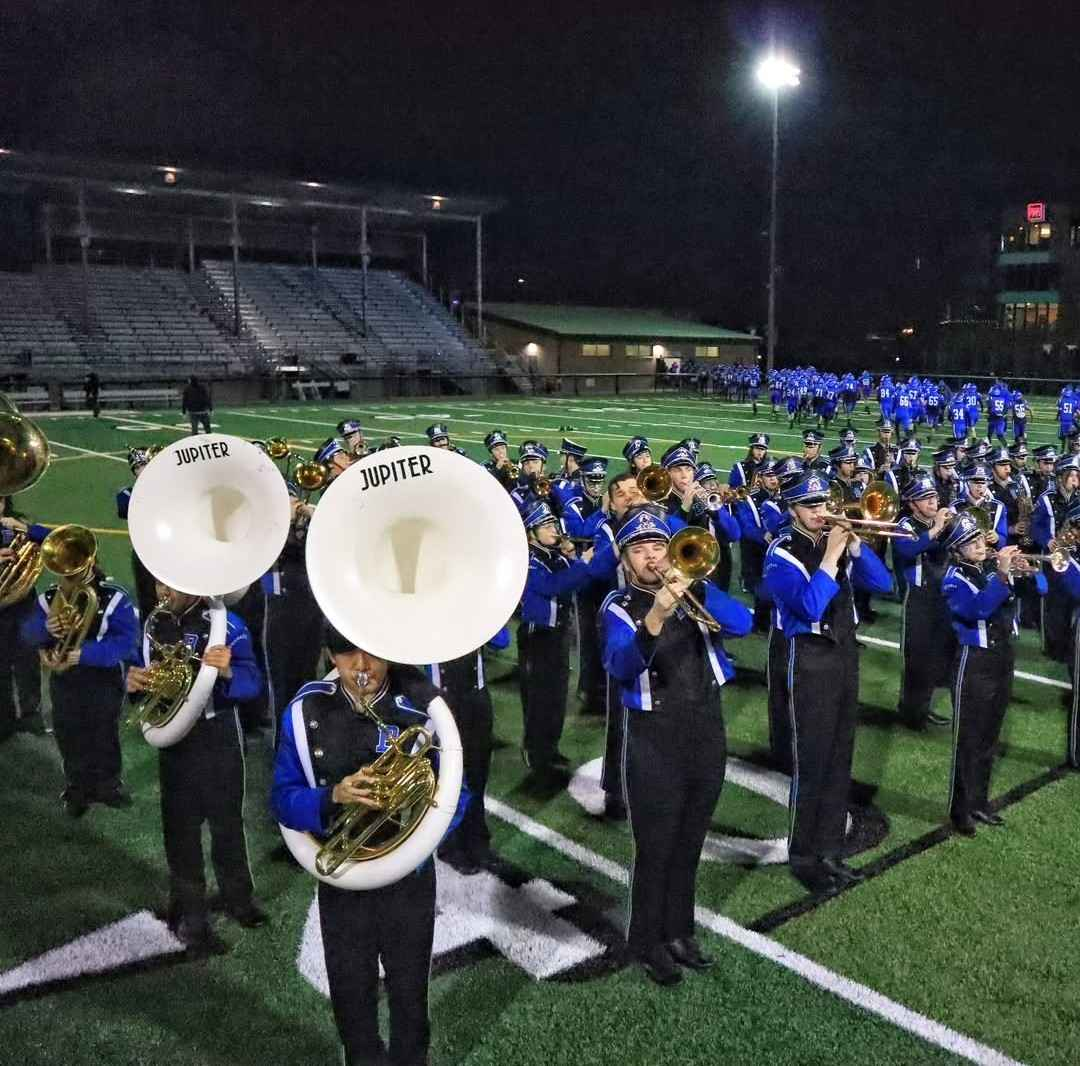In the hallways of any high school, few groups are as misunderstood as the band kids. For years, these students have been labeled as quirky, overly energetic, and socially awkward. These stereotypes often reduce students to caricatures, glossing over the diverse qualities that make each student unique. Do these stereotypes tell the full story? Or is it just another surface-level judgment of a group in a school?
Band kids are often the first to acknowledge that they are unique. Spending hours together in rehearsals, bus rides to football games, and shared inside jokes inevitably creates a subculture unlike the rest. One student described the band as “their own community that outsiders don’t get,” highlighting that band members often form close friendships that can feel inaccessible to those outside their circle. These friendships are created through shared challenges, like surviving the blistering heat and 12-hour days of band camp or perfecting a difficult piece of music. Those bonds are what make band a place where students can find belonging.
Still, the stereotype persists. Another student said that “band kids always seem loud and overly enthusiastic,” reflecting a common but exaggerated perception that overlooks the passion and energy band members bring to their performances and school spirit. Whether it’s playing in a halftime show, or performing in a concert, their enthusiasm is a reflection of their dedication, not a lack of self-awareness. Beyond their performances, band students support school events and bring a unique energy that unites the student body.
These stereotypes are part of a larger pattern within performing arts. One student wrote that she has “definitely heard similar stereotypes for theater kids and choir kids,” pointing out that groups in the arts are often viewed as nerdy or weird. This perception stems from the passion and dedication these students bring to their craft, qualities that may not align with mainstream expectations. These stereotypes reveal the deeper issue of society undervaluing the arts in favor of more traditionally celebrated activities. Even though the arts foster creativity and emotional expression, qualities that enrich school communities and beyond.
Band is often overlooked when compared to other groups, particularly athletics. A student in band believes that “when put in comparison with football and cheer, band kids are left in the shadows and considered ‘less cool’. It’s an art that most people can’t understand or recognize as easily as football”. This lack of recognition, combined with the broader stereotypes tied to the arts, contributes to the misconceptions surrounding band students. However, as these students argue, the commitment and creativity required for the performing arts deserve as much respect and admiration as any sport or activity.
Ultimately, like all stereotypes, the band kid stereotype fails to capture the complexity and individuality of band students. They have a unique culture and are hardworking, multifaceted individuals who bring creativity into their school community. While the “band kid” label might linger, it’s clear there is much more than the stereotype suggests.








